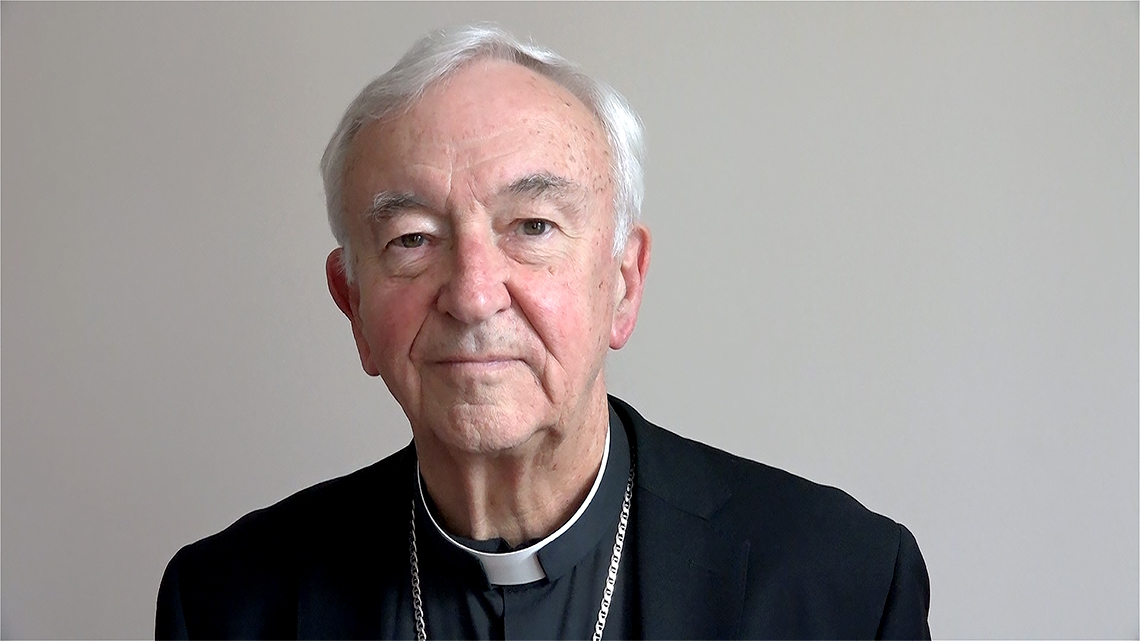
Cardinal Vincent Nichols, President of the Catholic Bishops’ Conference of England and Wales, has issued a statement welcoming the Instrumentum laboris, the working document that will guide the work of the second session of the XVI Ordinary General Assembly of the Synod that will be held in Rome from 2 – 27 October.
The title of this Instrumentum laboris is significant: How to be a missionary, Synodal, Church. The themes underlying the document are summed up in those two words: to be missionary and Synodal.
This is a welcome document which has clarity of purpose, firmness of foundations, refreshing perspectives and concrete pathways for development.
Its purpose is clear: to rekindle hope, to spark renewal in discipleship, to restore a missionary outreach in the Church on the basis of our common baptism and to do so through working and walking together. As is noted (para 3), the People of God are never simply the sum of the baptised. It is the ‘we’ of the Church, with its variety of gifts and responsibilities, reaching across history, always accompanied by Mary, Mother of the Church.
Firm theological foundations are offered, exploring and refreshing an understanding of baptism, of ordained ministry and recognising the richness of the Church as communion: communion of all the faithful; communion of the Churches; communion of the bishops; all gathered in the sign and source of unity: the Bishop of Rome.
The theme of ‘How to be a missionary Synodal Church’ is explored imaginatively in three dimensions: relations, pathways and places. ‘Relations’ presents ways in which gifts, charisms, roles, ministries can be understood and refreshed. ‘Pathways’ concentrates on formation in listening, for mission, for discernment and for decision-making. ‘Places’ recognises distinctiveness of place and plurality of cultures (our way of doing things), contemporary aspects such as urbanisation and mobility as well as the digital world. It explores ways of fashioning structures and communications which reach across these places and indeed embraces others whether in shared Christian faith or in different expressions of hope and belief.
In welcoming this Instrumentum laboris, I invite all who are wanting to understand the work of this forthcoming and continuing Synod of Bishops, and all that will flow from it, to read this document carefully and joyfully. It will repay careful consideration and, in its detail, indicate how this process in the Church is maturing and deepening.